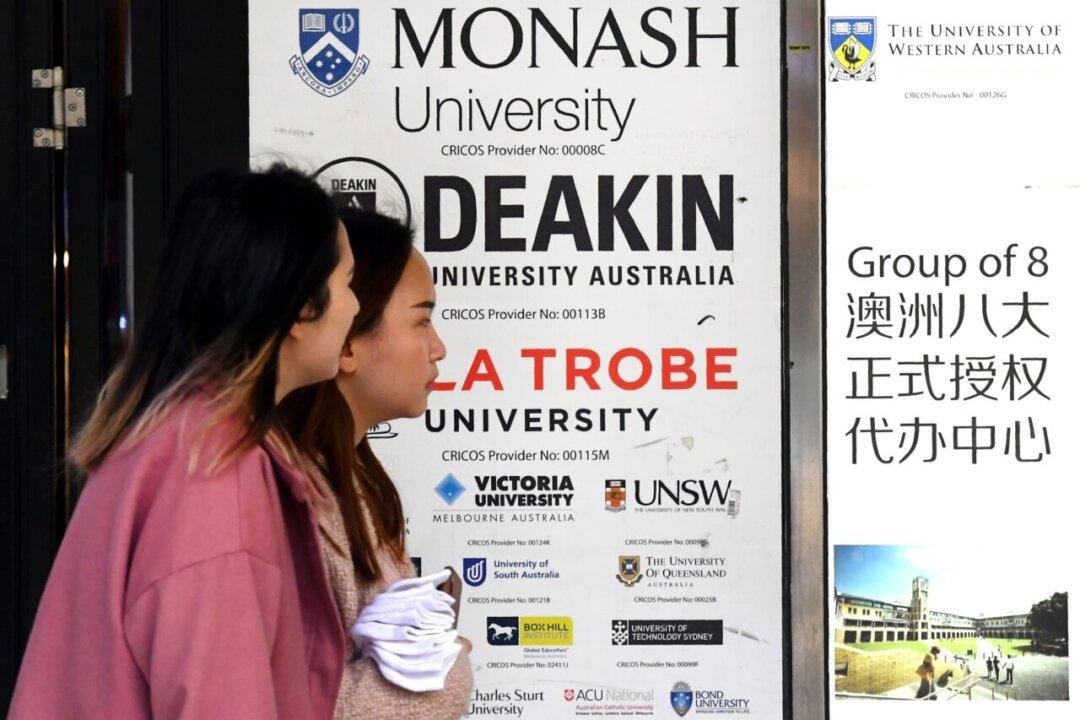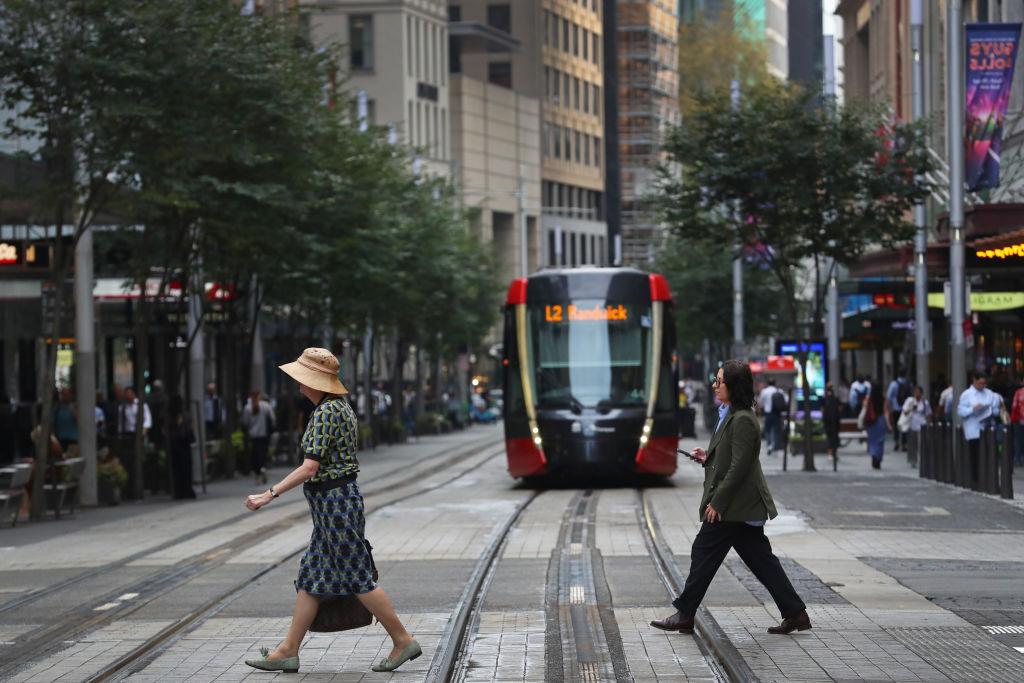Australian universities are calling on the Albanese government to provide more flexible funding arrangements as the current model can no longer keep pace with the evolving needs of students, an education lobby group said.
According to Universities Australia’s analysis, coverage of the operating expenses of universities by the Australian government—excluding HECS-HELP—declined over the years from 2009 to 2019.




